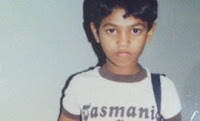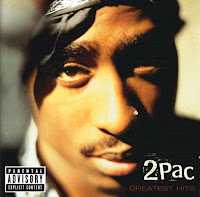According to the link above, which sites BBC as its main source, Google Earth helped the boy in the picture below find his childhood home among the billions of housings in India.
The boy was lost at the age of five when he got speraed from his elder brother during a railroad trip with his brother who worked on a train(the brother was discovered dead a month after the incident, hit by a train probably at the time of the incident).
After the seperation, the boy lived on the streats of Calcuta(the train he was on was headed there) until he got into a orphanage and got adopted by a family living in Tazmenia, Austrialia.
26 years after, he used Google Earth to search for places with any signs of familiarity , and through arduous procedure, found his childhood home and family.
Months from now, issues were raised concerning Google Earth's invasion of privacy.
At the present, Google Earth and its likes which provide a realistic, specific view of every area on the Globe invade the privacy of many isolated regions such as North Korea and is thereby approved by many.
Moreover, instnces such as this work to promote a friendly atmosphere to recognizing the benefits of Google Earth.





